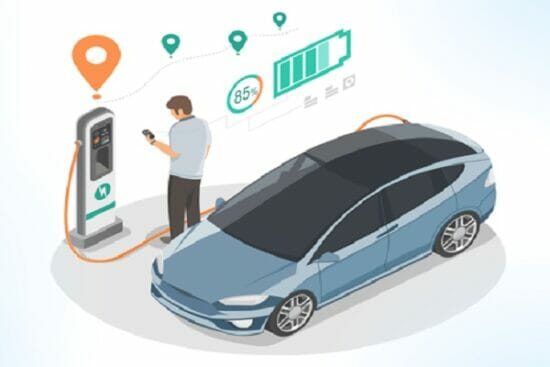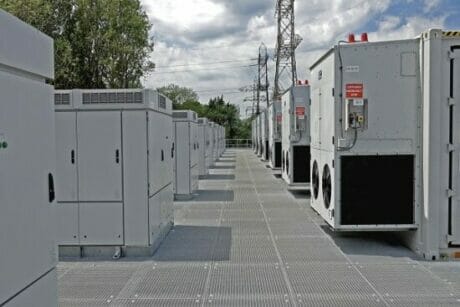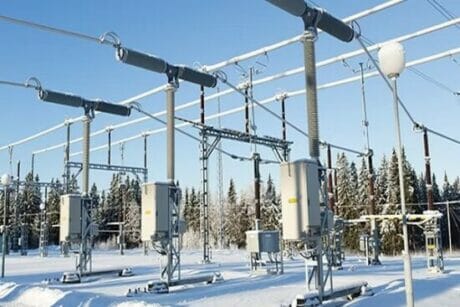No products in the cart.
- Course No E – 1993
- PDH Units: 2
Course No E - 1993
PDH Units: 2
- Course No E – 1993
- PDH Units: 2
Course No E - 1993
PDH Units: 2
Intended Audience: Electrical Engineers
Credits: 2 PDH Units
In the United States, there are now more than three million EVs on the road and over 132,000 public EV chargers across the country. The Edison Electric Institute estimates that by 2030, the number of EVs will exceed 18 million, and the U.S. has set a goal of half of all new vehicle sales in 2030 to be EVs. In Europe, adoption in many countries is occurring at an even faster rate. Norway has set a goal of all new vehicles sold in 2025 to be electric. All of these vehicles will need access to charging facilities, whether at home, at work, at play or while traveling. While EV charger technology is evolving rapidly, there are certain electrical basics that will always be needed in order to properly design the power supplies to these chargers. This 2-hour course takes an in-depth look at the options for providing power to these stations at an assortment of locations, including a look at many of the various Code requirements for proper design and installation. All three levels of charging are considered, with a close look at charging voltages, currents, power and charging times. Single phase and 3-phase supply systems are discussed in detail.
Learning Objectives
At the successful conclusion of this course, you’ll be able to identify and discuss:- Historical and future EV and EV Charger information.
- Classification of EVs.
- Comparison of fuel costs of electric and gasoline vehicles.
- Comparison of CO2 emissions of EVs and gasoline vehicles.
- A summary of charging levels, including power range and charging times.
- Examples of existing chargers and desirable charger features.
- Codes and Standards for EV chargers.
- Single phase residential service calculations for adding a charger.
- Use of NEC 220.87 in determining how many EV chargers can be added without overloading a service.
- Detailed 3-phase calculations to determine capacity for 120V and 208V single phase chargers.
- An example of determining how many EV chargers can be added to an existing condominium service.
- Discussion of present and anticipated future EV charger control, communication and monitoring features.
Once completed, your order and certificate of completion will be available in your profile when you’re logged in to the site.








